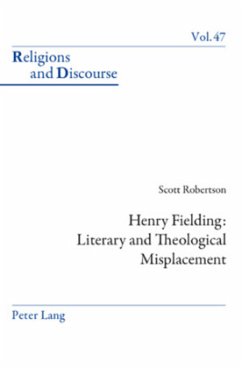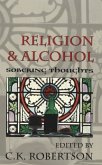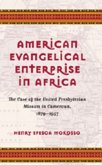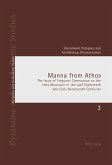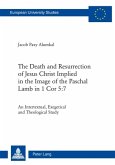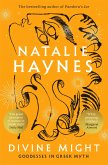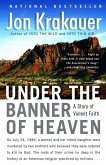Literature and theology have long been conversation partners. The great themes of human existence form the subject matter of their shared discussion. However, comedic literature has often been overlooked as a serious means to fostering such theological engagement. This book seeks to rectify this imbalance. By examining selected works of the eighteenth-century playwright and novelist Henry Fielding, we are shown that a comedic world has much to say that is of true theological significance. Recognizing the value of much traditional Fielding research, the author departs from its inherent determinism which, he believes, stifles more fruitful opportunities for interdisciplinary dialogue. Key to his desire to engage the comedic in this conversation, he introduces the interpretative tool of misplacement. By this is meant a continuous parting with the ineffable - the perpetual recognition that in comedic writing there is always a fragile sense of the other. Setting Fielding's fiction alongside works of contemporary philosophical theology and postmodern works of fiction, the author allows common critical zones such as epistemology, ethics, mimesis, canonicity, and revelation to be investigated. In all these areas, the novel, in Fielding's hands, displays a powerful comic resonance with a less deterministic theology, and subverts those assumed securities regarding the status of the individual in the world before God. Ultimately, the book offers the challenge of recognizing that the nature of the novel is inescapably theological and that theology itself is, indeed, fictive.
Bitte wählen Sie Ihr Anliegen aus.
Rechnungen
Retourenschein anfordern
Bestellstatus
Storno

